Are Rusty Pots Really a Problem For Your Plants?
Rusty pots often get a bad reputation among gardeners. Many worry that the rust could harm their plants, stunt their growth, or even introduce toxins into the soil. However, gardening experts say these concerns are largely unwarranted. In fact, a little rust might even benefit your plants. Here’s what you need to know about rusty pots and plant care.
What Is Rust and How Does It Form?
Rust is the result of iron-oxidizing when it comes into contact with moisture and oxygen. While it may not be aesthetically pleasing, rust is a natural compound that’s non-toxic to plants. Iron, one of the components of rust, is even a vital nutrient for plant growth. In small amounts, iron helps with chlorophyll production, which is essential for photosynthesis.
While some gardeners view rust as a potential contaminant, it’s important to understand that its presence in your pots doesn’t pose a serious threat. Rust is a slow process, and the amount of material it introduces to the soil is minimal, making it largely harmless in typical gardening scenarios.
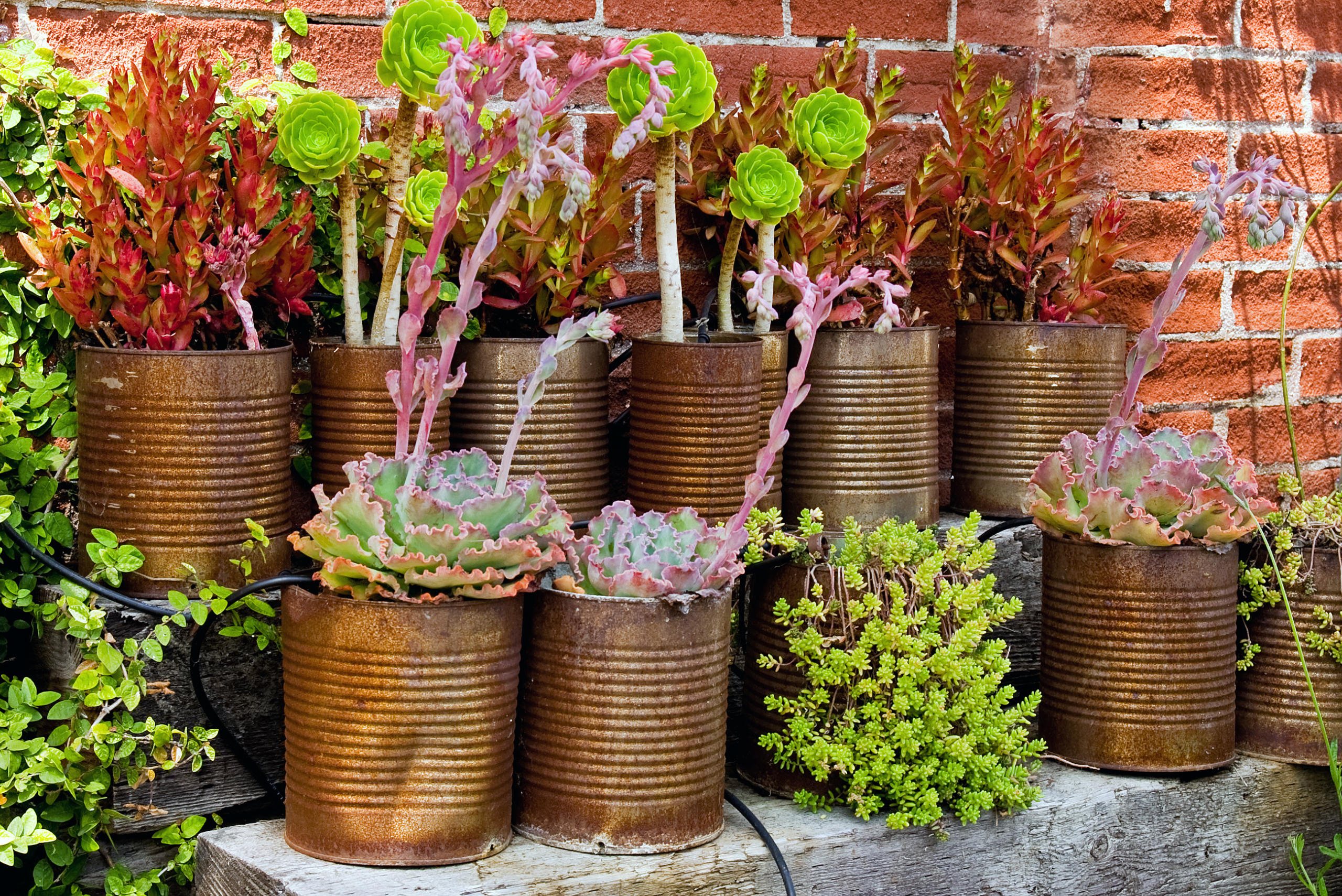
Why Rusty Pots Won’t Harm Your Plants
Rust itself is harmless to plants and doesn’t introduce harmful substances into the soil. Unlike chemicals or pollutants, rust breaks down slowly, releasing trace amounts of iron that can actually benefit plants. This natural process provides a steady, low-level supply of nutrients that support healthy growth.
Concerns about rust affecting soil pH are also largely unfounded. The amount of iron released is so small that it’s unlikely to alter the overall balance. As long as your pots remain structurally sound and free of excessive corrosion, they’re perfectly safe to use in your garden.
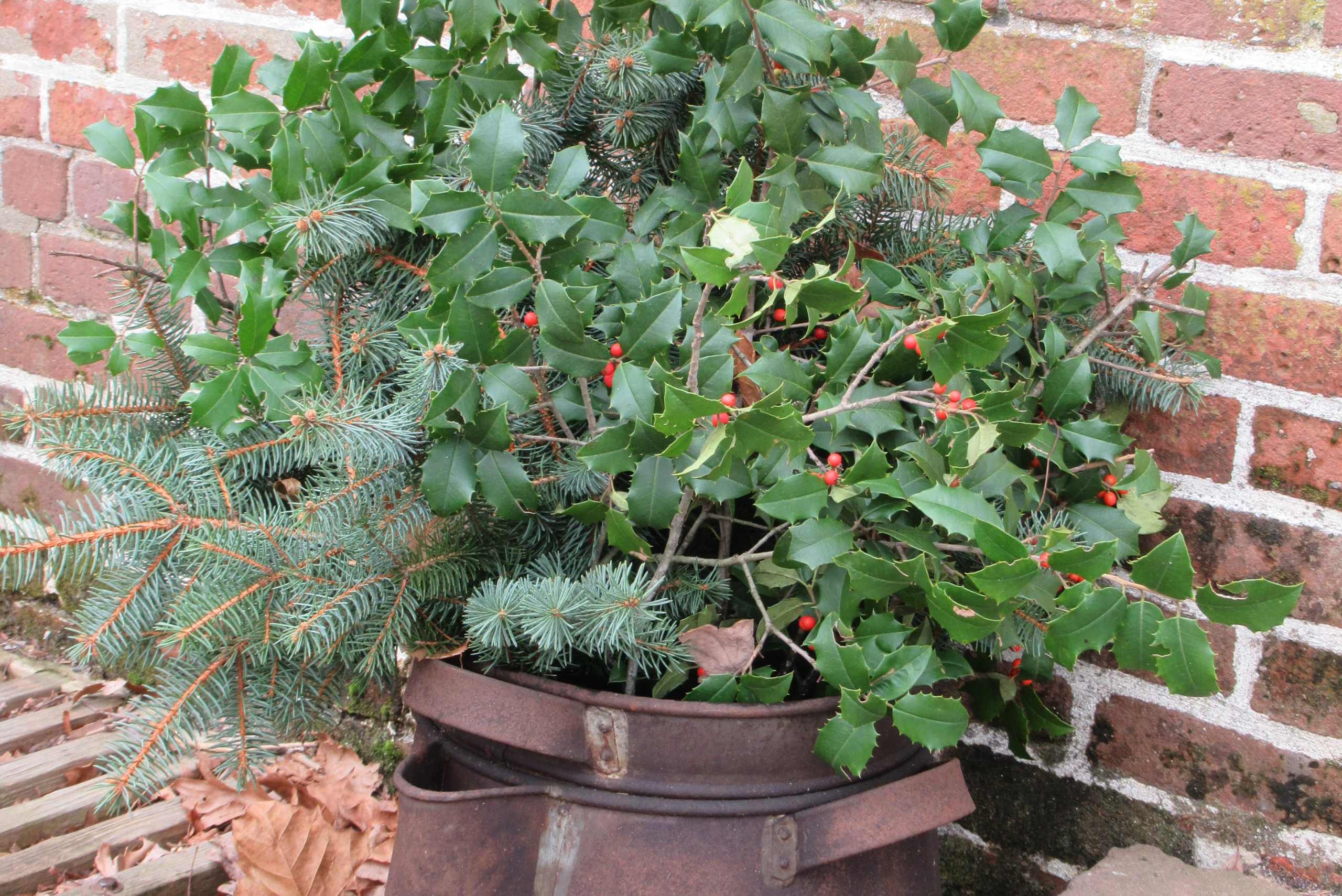
When to Be Cautious
If a pot has become severely corroded, it’s worth considering whether it’s still suitable for planting. A pot that is crumbling or has developed sharp edges could damage your plants’ roots or lose soil, creating issues for healthy growth. In such cases, replacing the pot is a wise decision.
Metal pots, rusty or not, can also pose a challenge in hot weather. They tend to absorb heat, which can transfer to the soil and potentially harm plant roots. Using a plastic or fabric liner can mitigate this issue, creating a barrier that helps maintain a consistent soil temperature.
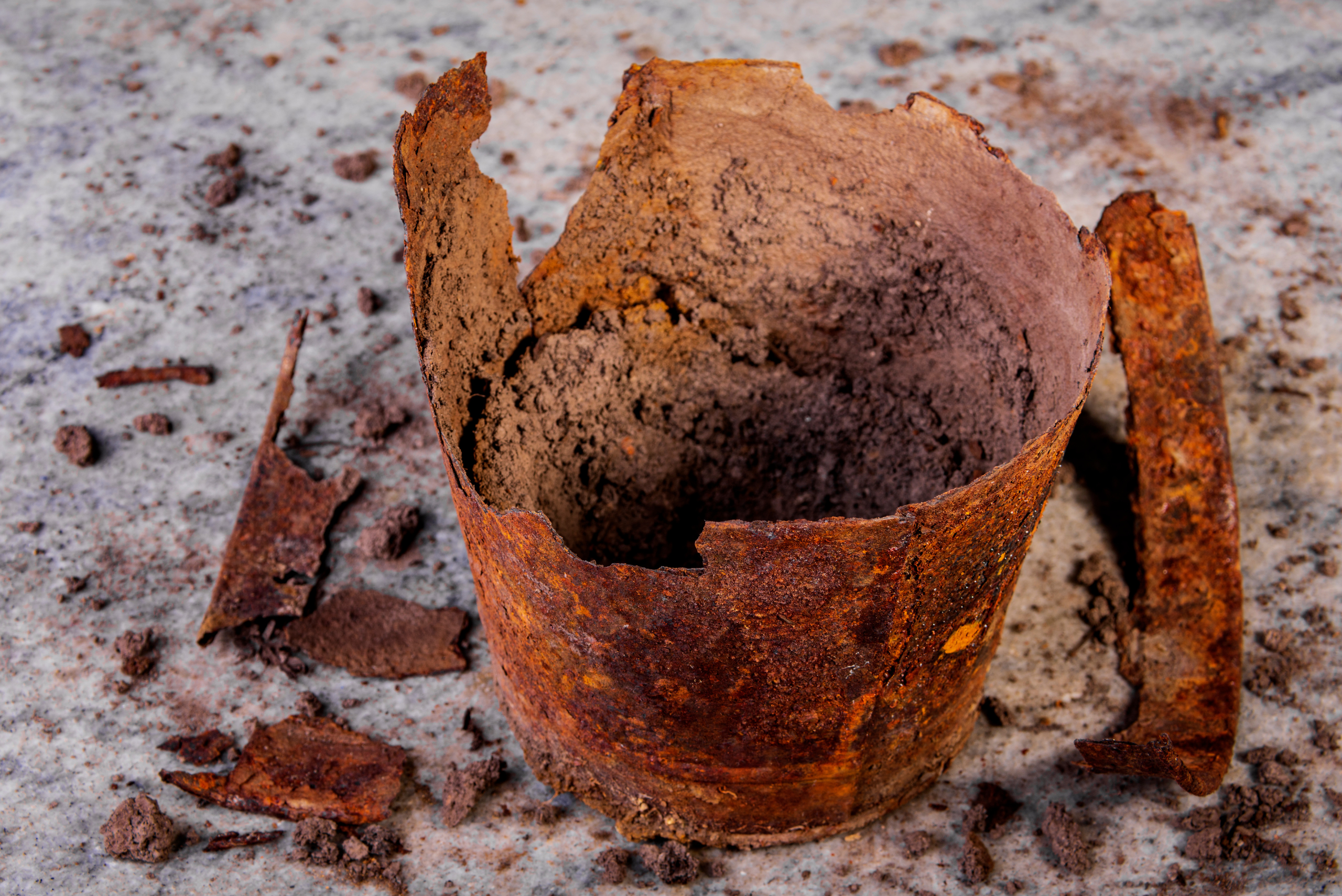
Benefits of Rust for Plants
Rust can serve as a natural source of iron for your plants, providing them with an essential nutrient. This is particularly beneficial for species prone to iron deficiencies, such as roses, hydrangeas, and citrus trees. By slowly releasing iron, rusty pots contribute to the overall health of these plants without the need for synthetic fertilizers.
In addition to its nutritional benefits, rust offers an eco-friendly advantage. Repurposing old, rusty pots aligns with sustainable gardening practices by reducing waste and promoting resourcefulness. Instead of discarding them, you can breathe new life into these containers and continue using them in your garden.
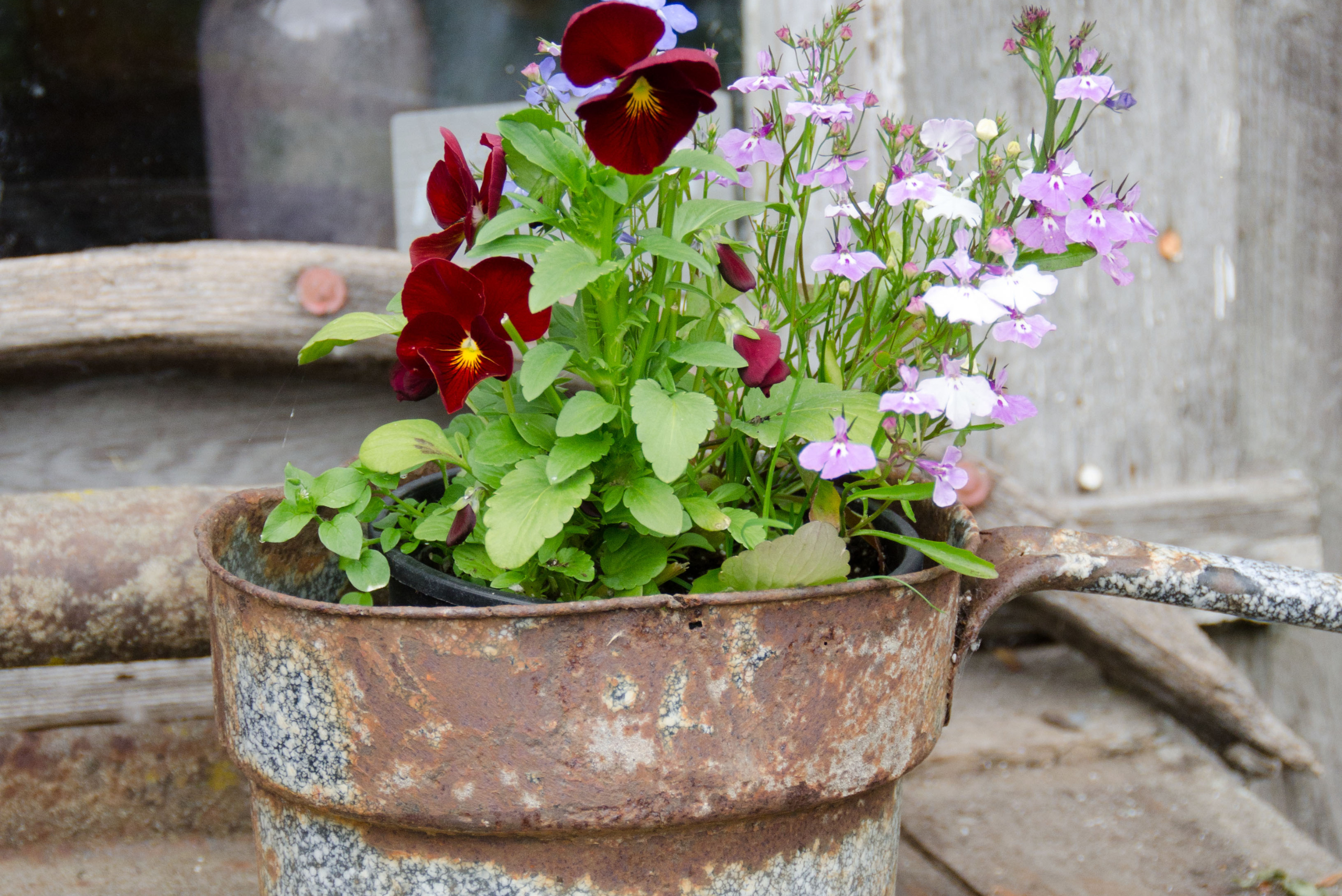
How to Maintain Rusty Pots
To keep your rusty pots in good condition, clean them periodically to remove loose rust and dirt. This simple maintenance step prevents excessive buildup and helps extend the pot’s lifespan. If you’re concerned about further corrosion, applying a sealant or rust-resistant paint can add a layer of protection.
Another option is to use pot liners, which create a barrier between the rust and the soil. This is especially useful for gardeners who want to ensure their pots last as long as possible while maintaining plant health. With these precautions, your rusty pots can continue to be a valuable part of your gardening setup.
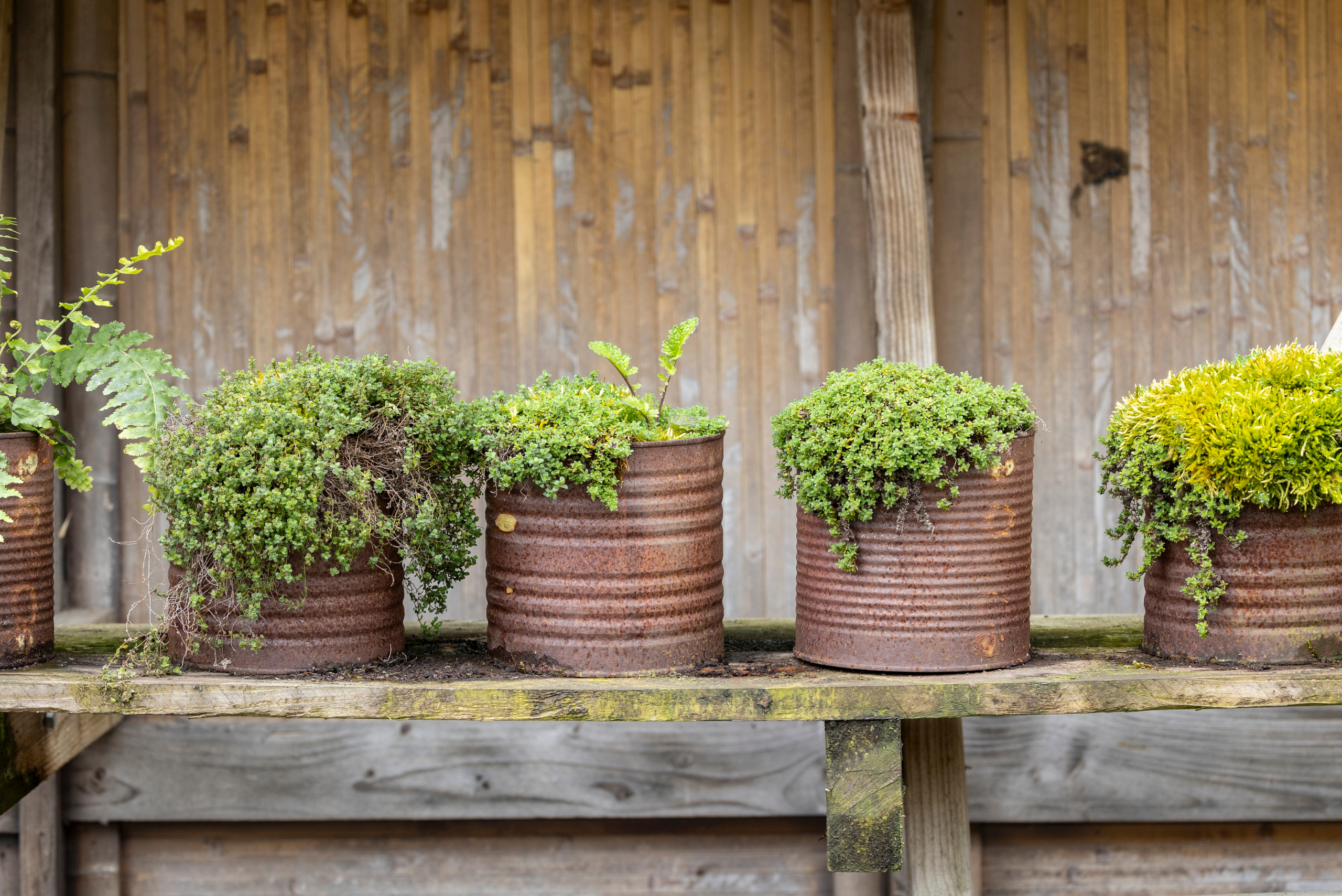
Related Articles
- Tips and Techniques for Mastering DIY Electrolysis Rust Removal
- DIY Method to Stop Rust from Spreading on Your Car
- How to Unlock a Rusted Padlock That Won’t Budge
Rusty pots may not look pristine, but they are far from being harmful to your plants. By understanding the science behind rust and its impact, you can embrace these weathered containers as part of your gardening setup. Not only are they safe, but they also contribute to a sustainable and resourceful gardening practice. So, the next time you spot a rusty pot, don’t toss it out—it might just be your plant’s new best friend.








